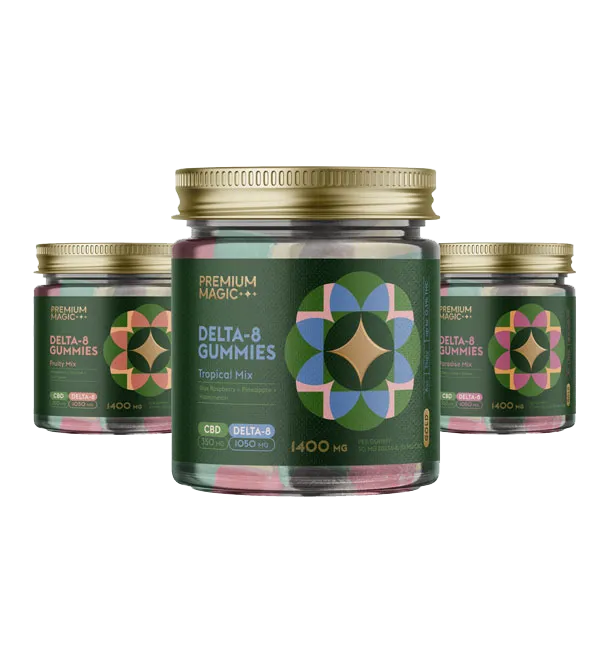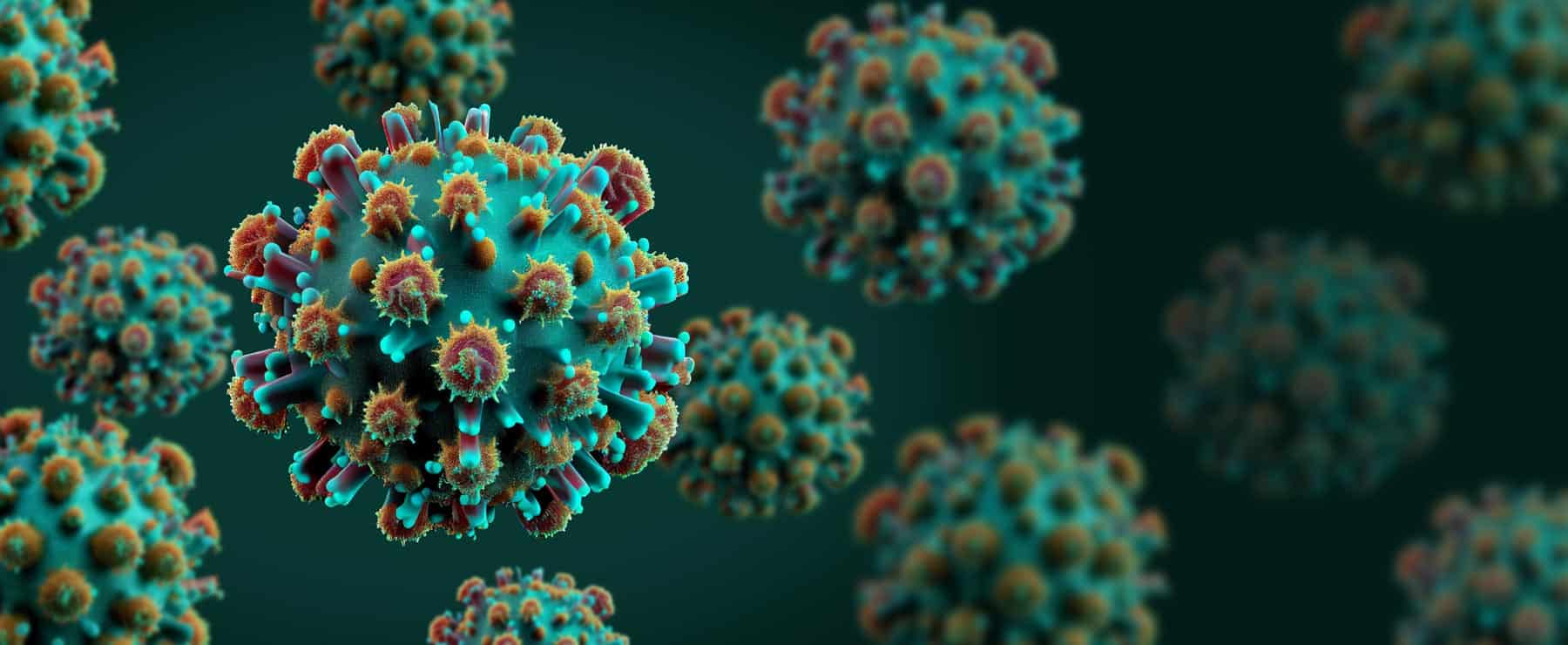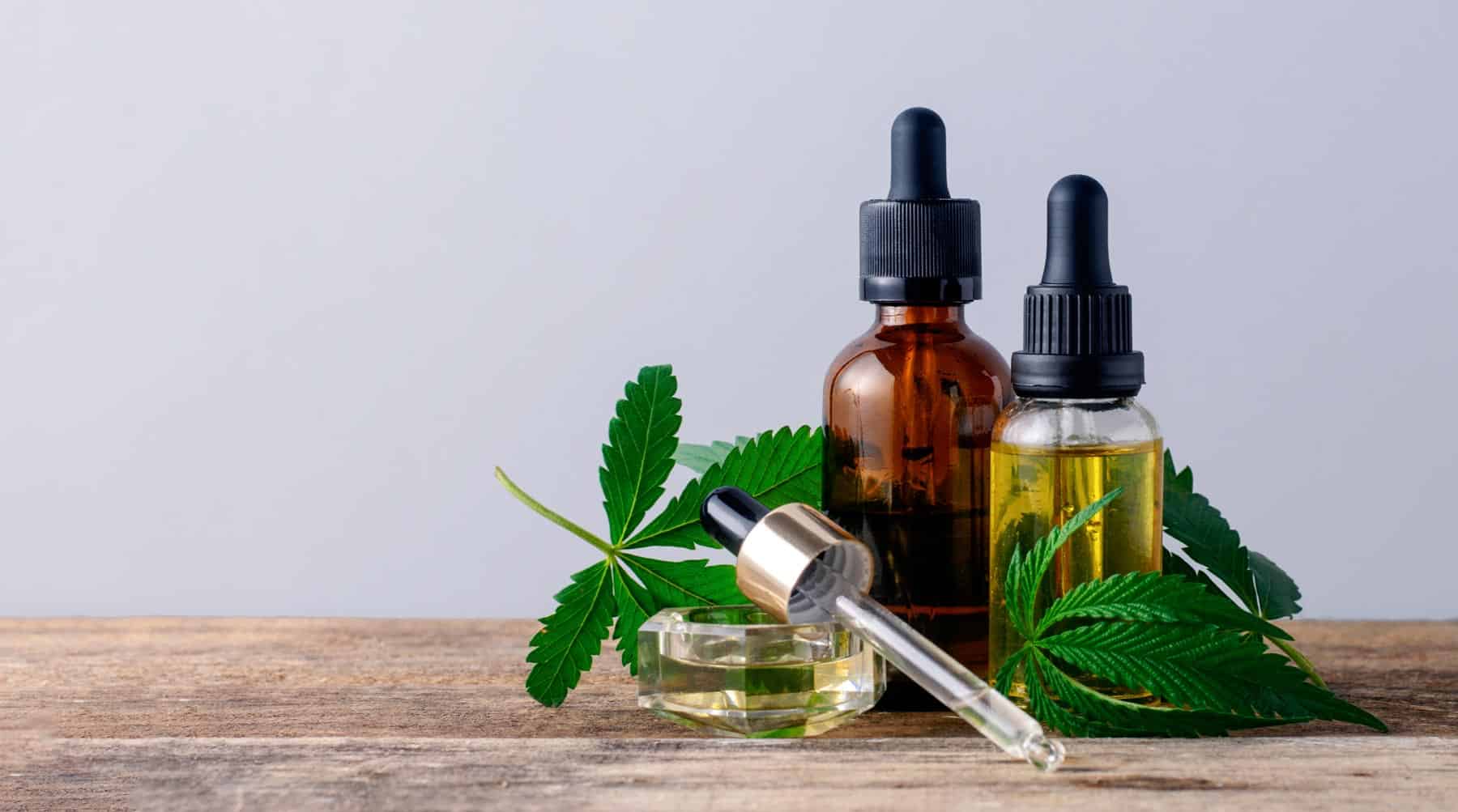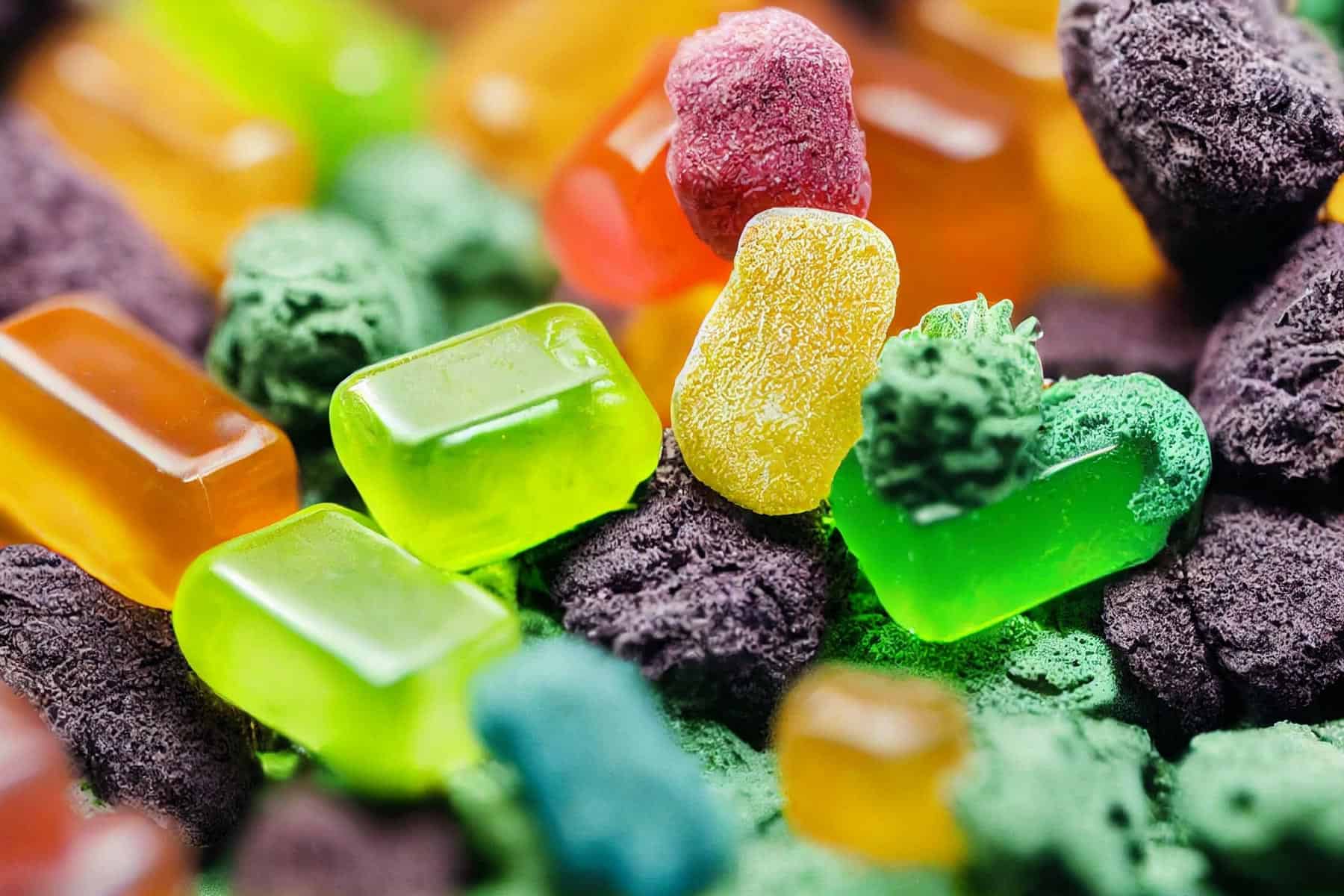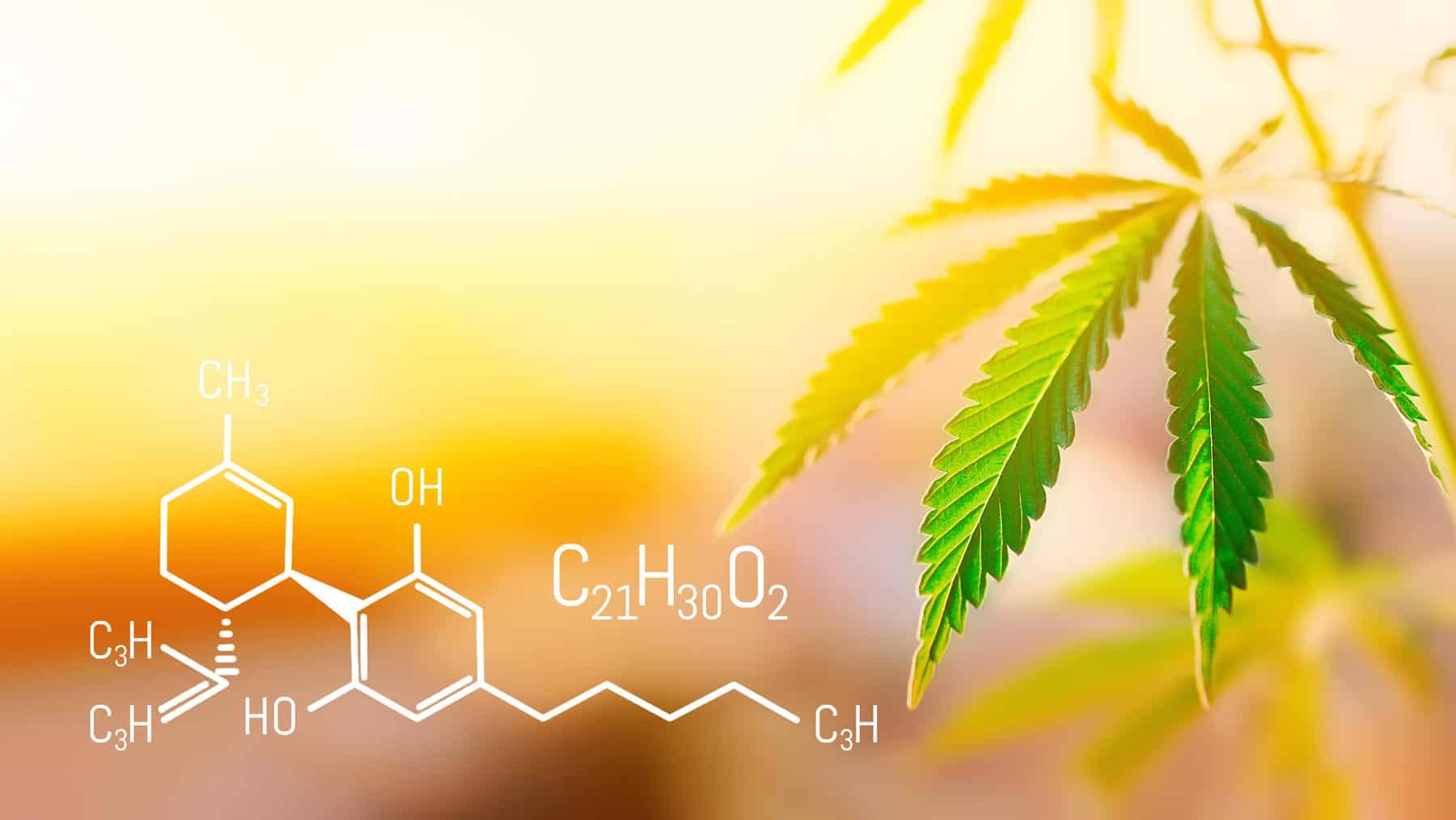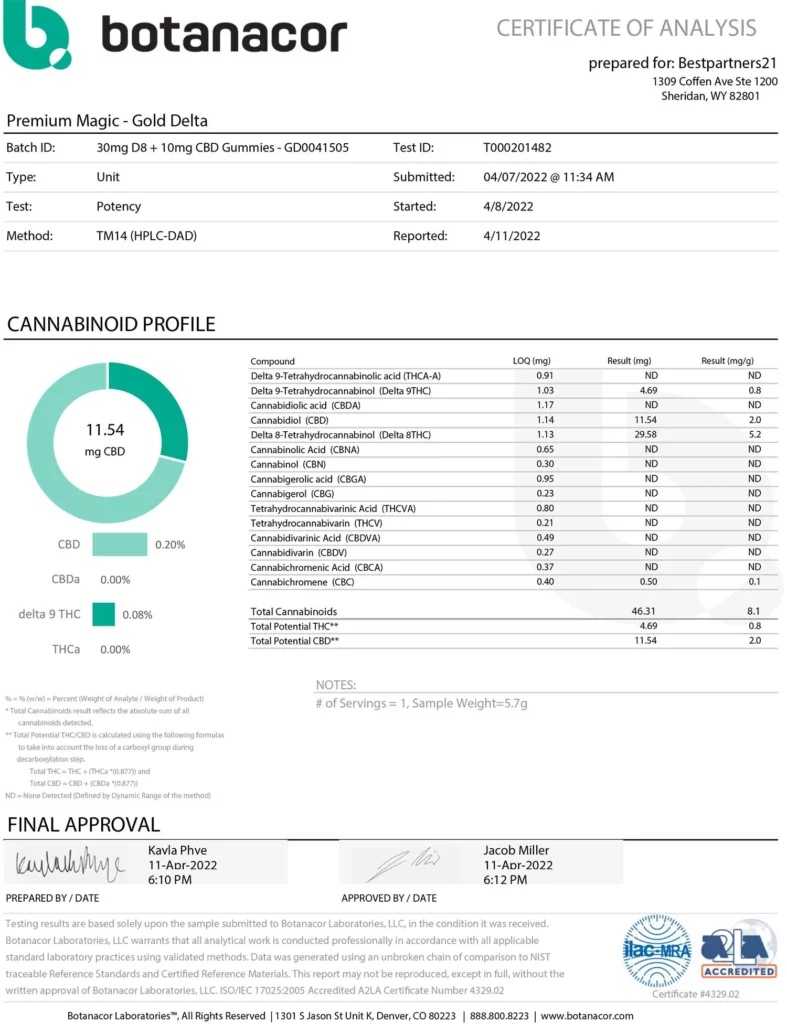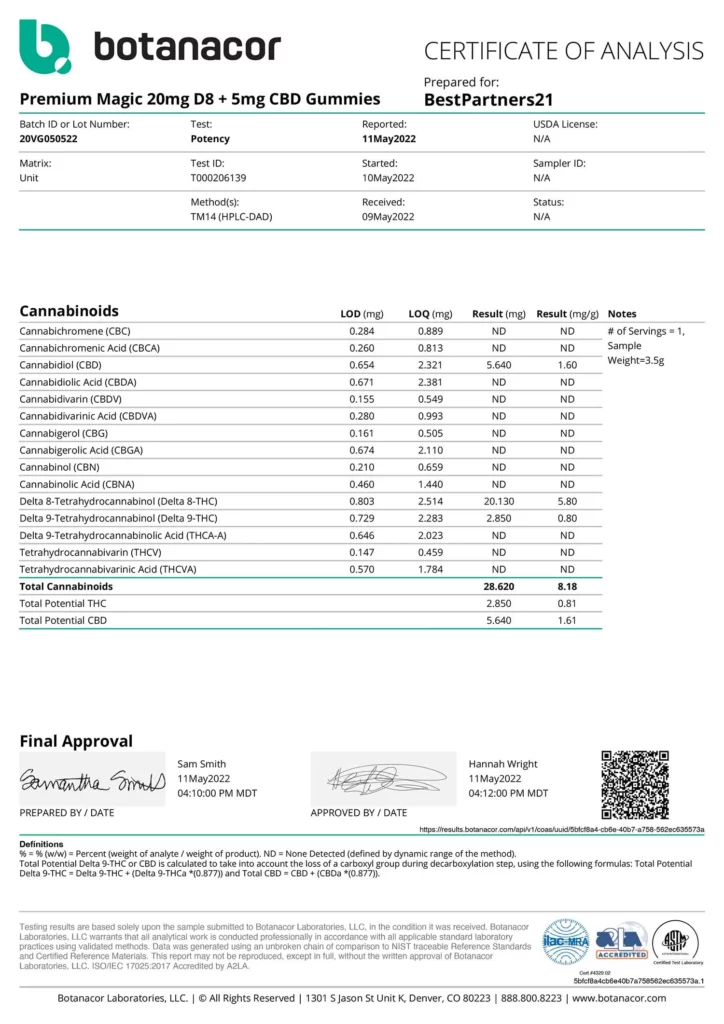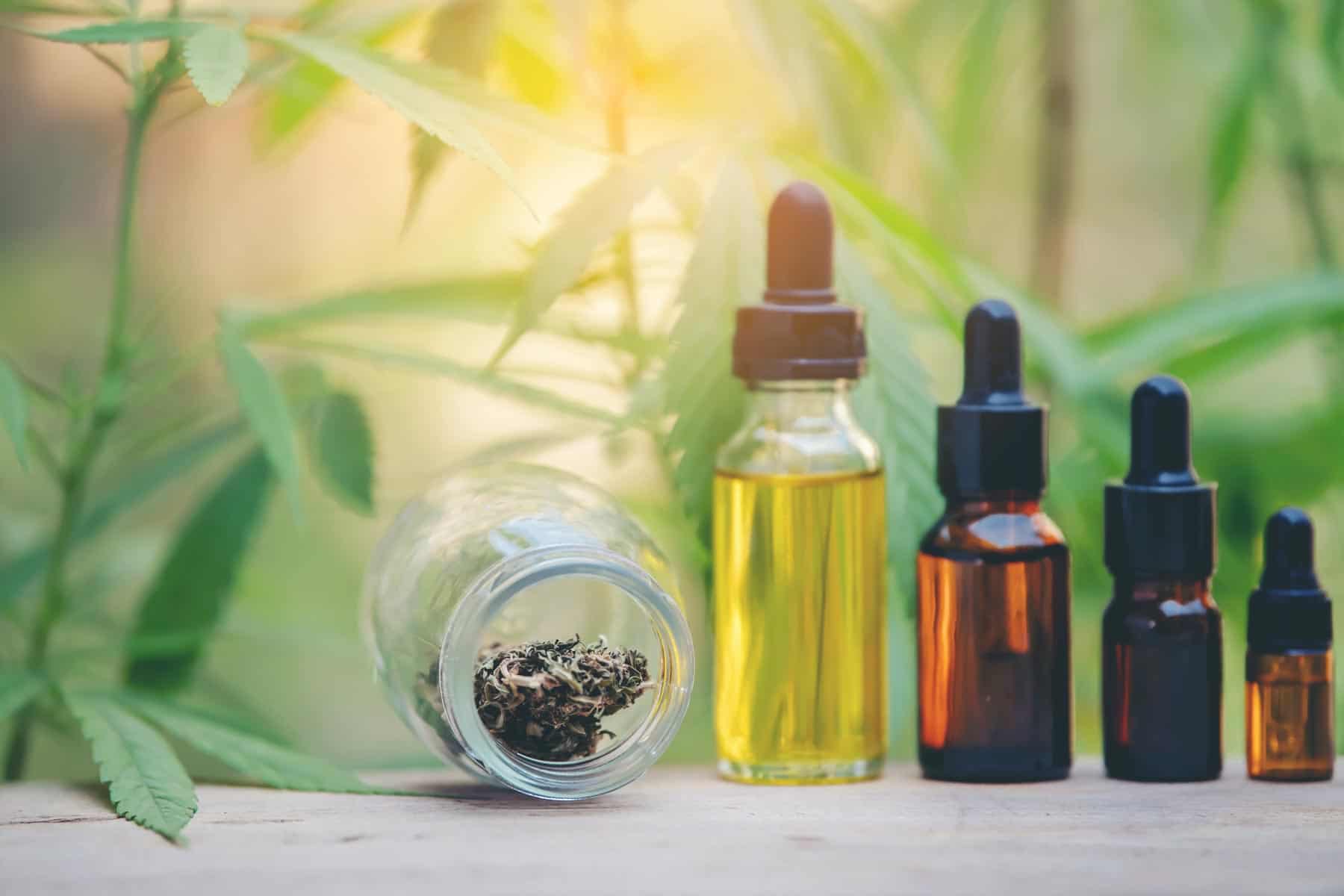
CBD vs. THC : Exploring the Key Differences

Stepping into the world of cannabis can be likened to opening Pandora’s Box—not in the sense of releasing any woes, but in discovering a vast array of possibilities and nuances that you never knew existed. Suddenly, you find yourself navigating through a sea of acronyms CBD, THC, ECS—and it seems like every day, there’s a new study or article touting the diverse benefits of these intriguing compounds.
With their rise in popularity, Cannabidiol and THC have become household names, generating a tidal wave of interest, confusion, and curiosity. But, have you ever wondered what exactly distinguishes these two powerful cannabinoids? Do you know why one might make you feel a gentle calm while the other tends to elicit an intoxicating high?
Let’s be honest. The complexities can be overwhelming. Yet, it’s important to understand these compounds, especially if you’re considering incorporating them into your lifestyle or wellness routine. You should never feel like you’re floating in a confusing alphabet soup, so consider this your life preserver.
In this comprehensive guide, we’ll dive headfirst into the world of CBD and THC. So, whether you’re a seasoned cannabis connoisseur or a curious novice just starting your journey, this article promises to shed light on the mysteries of these powerful plant compounds.
What is CBD?
Cannabidiol, or cannabidiol, is a non-psychoactive compound derived from the cannabis plant. It is commonly sourced from hemp plants, which contain low levels of THC. Cannabidiol has gained popularity due to its potential therapeutic benefits, such as pain relief, anxiety reduction, and anti-inflammatory properties. CBD gummies have become a popular form of consumption, offering a convenient and enjoyable way to incorporate CBD into daily routines.
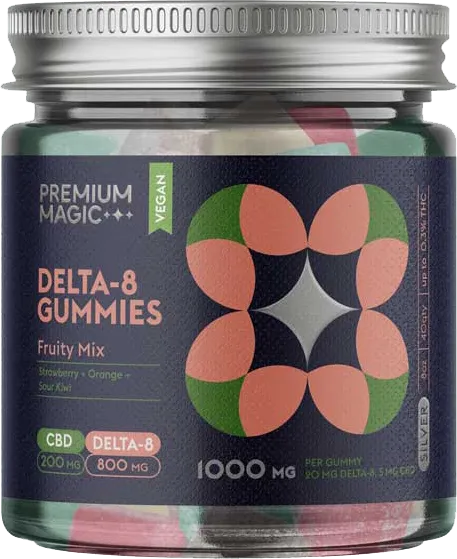
Silver Fruity Mix
Original price was: $68.99.$33.99Current price is: $33.99.
Or Subscribe and Save 30%
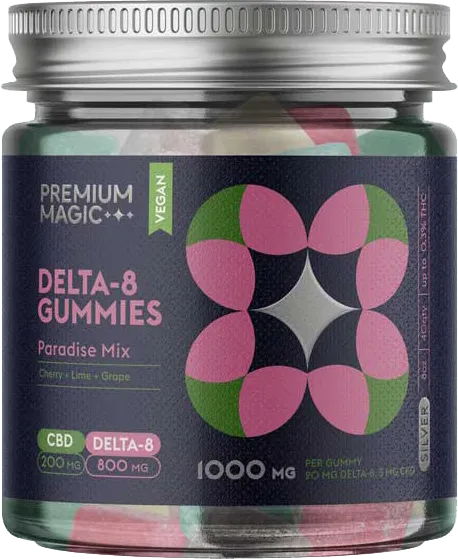
Silver Paradise Mix
Original price was: $68.99.$33.99Current price is: $33.99.
Or Subscribe and Save 30%
What is THC?
THC, or delta-9-tetrahydrocannabinol, is the primary psychoactive compound found in cannabis. It is responsible for the “high” associated with marijuana use. THC interacts with the body’s endocannabinoid system, producing various effects on mood, perception, and cognition. Unlike Cannabidiol, THC is classified as a controlled substance in many jurisdictions due to its psychoactive properties.
CBD Benefits and Effects
CBD offers a range of potential benefits. Research suggests that it may help alleviate pain, reduce anxiety and depression, improve sleep quality, and provide relief from certain neurological disorders. Cannabidiol non-psychoactive nature makes it an attractive option for those seeking therapeutic benefits without intoxication. Cannabidiol gummies provide a convenient and discrete way to consume Cannabidiol, with pre-dosed amounts for consistent usage.
THC Effects and Recreational Use
THC is primarily sought after for its psychoactive effects. When consumed, it binds to cannabinoid receptors in the brain, resulting in euphoria, relaxation, and altered sensory perception. Many individuals use THC recreationally to experience a “high” and enhance their mood or social interactions. However, it’s important to note that THC’s psychoactive effects can vary depending on dosage, strain, and individual tolerance.
The Emergence of Delta-8
Delta-8-tetrahydrocannabinol (delta-8 or D8) is a minor cannabinoid that has gained attention in recent years. It shares similarities with THC but generally produces a milder psychotropic effect. Delta-8 is often derived from hemp and has become popular for its potential therapeutic benefits and more balanced psychoactive experience. It is important to note that the legality of delta-8 can vary, so understanding local regulations is crucial.
CBD vs. THC
First up, THC, or tetrahydrocannabinol. Known as the primary psychoactive compound in cannabis, THC is the superstar responsible for the classic “high” that recreational users often seek. This compound works its magic by binding to the cannabinoid receptors in the brain, particularly the CB1 receptors. The interaction triggers a release of dopamine in the brain, which typically results in feelings of euphoria, heightened sensory perception, and altered states of consciousness. It’s important to note, though, that THC’s effects can vary greatly depending on the dose and the individual’s tolerance. While some may revel in these effects, others may find them disconcerting or overly intense.
On the other end of the spectrum, we have CBD, or cannabidiol. Unlike its intoxicating cousin, CBD is non-psychoactive, meaning it won’t get you high—no matter how much you consume. CBD’s main allure lies in its potential therapeutic benefits. By interacting with the CB2 receptors in our endocannabinoid system, it can potentially influence a range of physiological processes, from pain perception to mood regulation, and even sleep patterns.
Side Effects
CBD is generally well-tolerated, and side effects are typically minimal and mild. The most commonly reported side effects of CBD include dry mouth, drowsiness, diarrhea, and changes in appetite or weight. These side effects are generally infrequent and occur at higher doses. CBD does not produce any psychoactive effects, so it does not cause the “high” associated with THC. Moreover, CBD has a low risk of addiction or dependence.
In contrast, THC is known for its psychoactive effects, which can lead to a range of side effects. The most common side effects of THC include dry mouth, red eyes, impaired coordination and memory, increased heart rate, and anxiety or paranoia, especially at higher doses. These side effects are generally more pronounced and can vary depending on individual tolerance and the specific strain or form of THC consumed.
Legal Considerations
The legal status of CBD and THC varies depending on the jurisdiction. In the United States, CBD derived from hemp containing less than 0.3% THC is federally legal under the provisions of the 2018 Farm Bill. This has opened up opportunities for the production, sale, and consumption of CBD products across the country. However, it’s important to note that individual states may have their own regulations and restrictions regarding CBD, and some states may have more stringent requirements.
On the other hand, THC, the psychoactive compound found in cannabis, remains classified as a controlled substance in many places. While some jurisdictions have legalized THC for medical or recreational use, there are still strict regulations in place in many regions. It’s crucial to understand the legal landscape surrounding THC to ensure compliance and avoid potential legal consequences.
Choosing Between CBD and THC
The choice between CBD and THC ultimately depends on individual preferences and needs. CBD offers a non-intoxicating experience with potential therapeutic benefits, making it suitable for those seeking relief without the psychoactive effects of THC. THC, on the other hand, is sought after by individuals looking for a more euphoric and recreational experience. Consulting with healthcare professionals can provide personalized guidance based on specific circumstances.
Conclusion
CBD and THC offer distinct experiences and potential benefits. CBD provides non-psychoactive therapeutic effects, making it a popular choice for those seeking relief from various conditions. CBD gummies have emerged as a convenient and enjoyable way to consume CBD. THC, on the other hand, produces psychoactive effects sought after by recreational users. Understanding the differences between CBD and THC, as well as local regulations, empowers individuals to make informed decisions about cannabis consumption and choose what aligns best with their goals and preferences.
